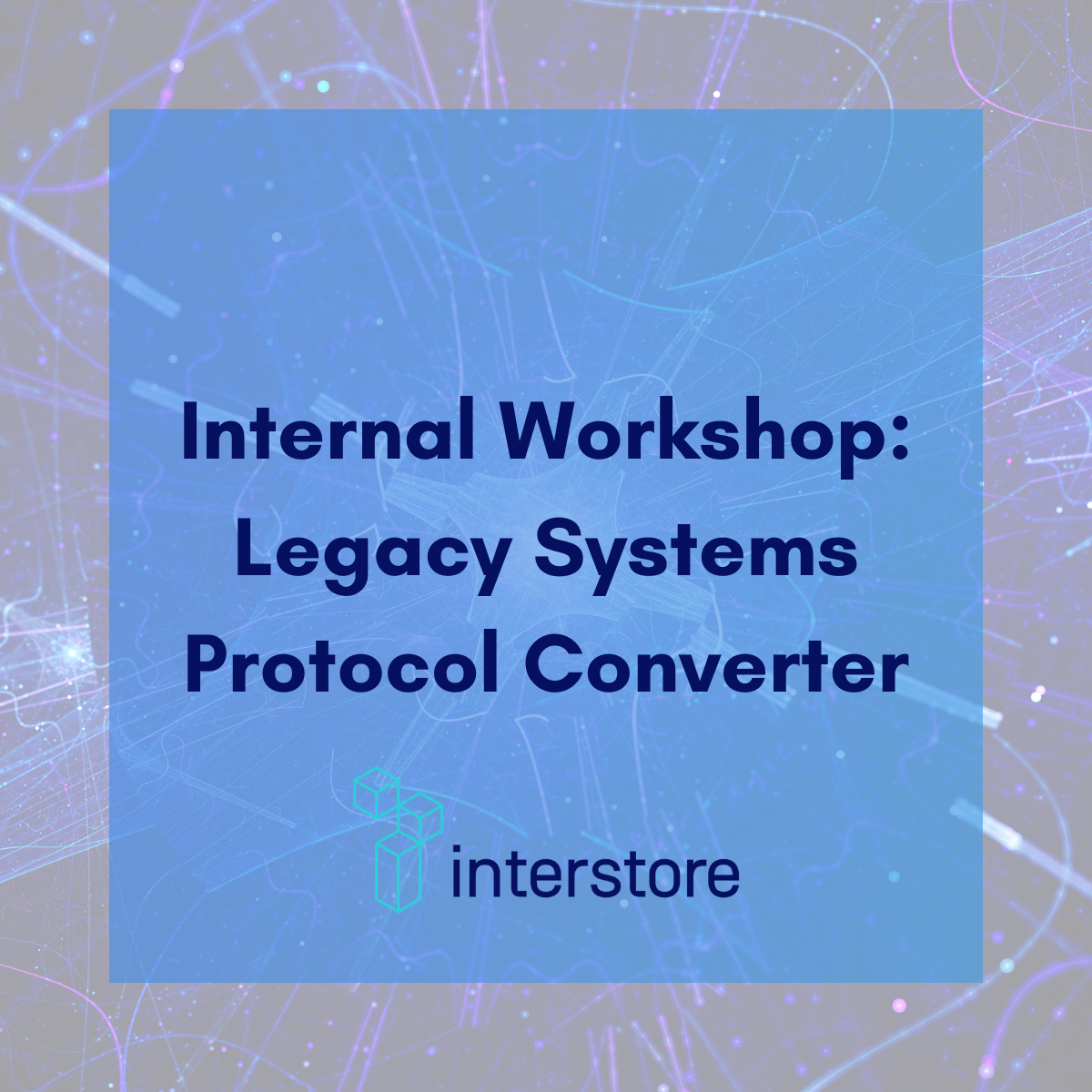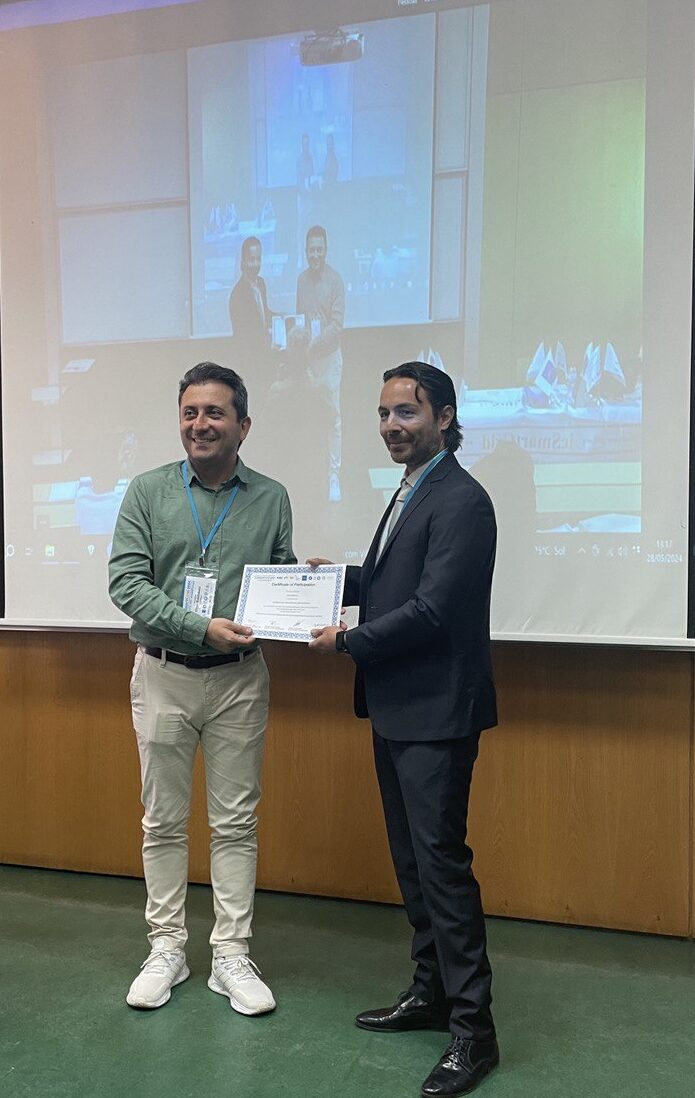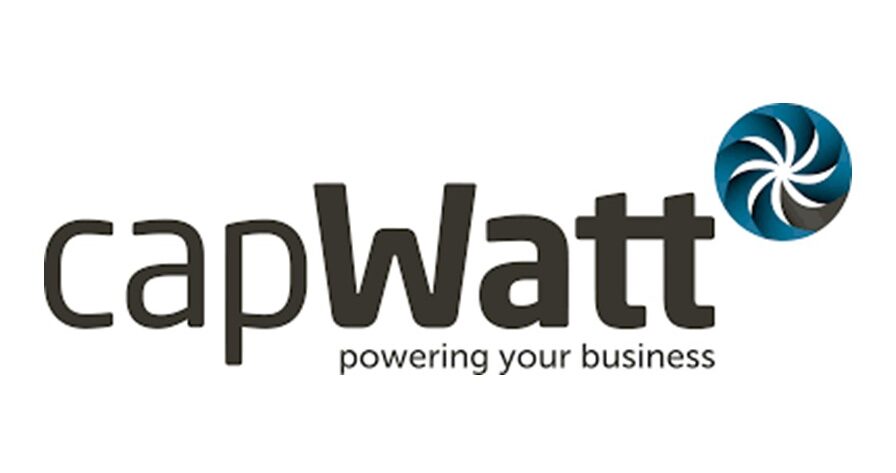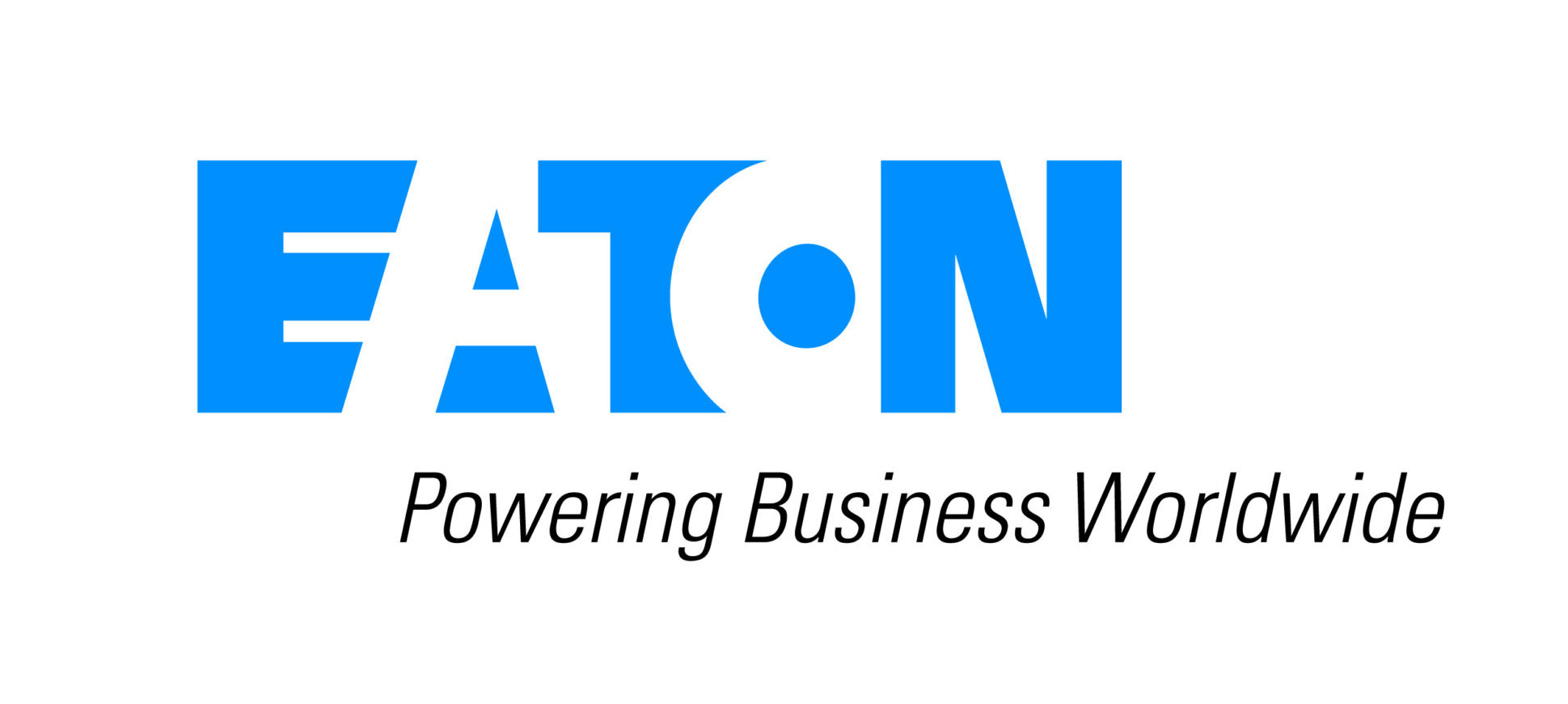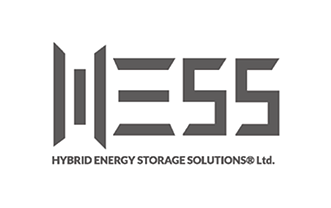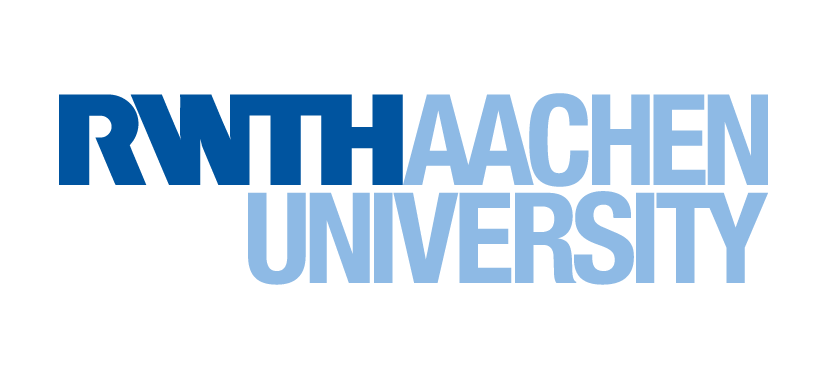
Cluster meeting InterSTORE-FlexCHESS-PARMENIDES

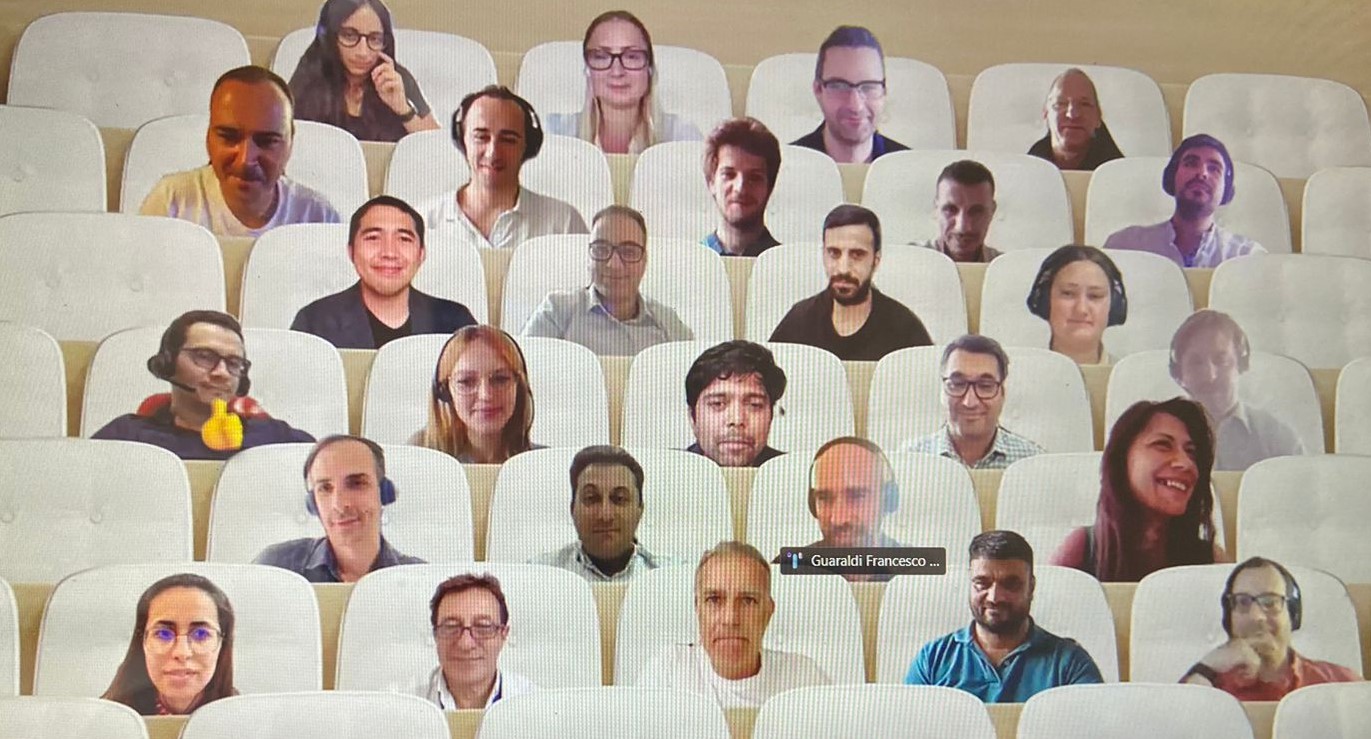
A major step toward interoperable energy storage systems was taken on July 12th, 2023, when the first cluster project meeting involving the EU-funded projects InterSTORE, FLEXCHESS and PARMENIDES took place. These initiatives, supported by the Horizon program HORIZON- CL5- 2022- D3- 01, are looking for innovative solutions for flexibility services using distributed energy storage. Project partners were able to build a collaboration platform and exchange expertise.
Francesco Guaraldi from Enel X introduced the InterSTORE project and drew attention to the current challenges in integrating existing protocols for Distributed Energy Resources (DERs) and the growing need for data sharing, which often incurs significant costs and time.
The InterSTORE project aims to deliver interoperable Distributed Energy Storage (DES) solutions that seamlessly enable utilization and monetization of storage flexibility. This will be achieved through the development and implementation of an open-source interoperability software toolkit and the creation of a new generation of Energy and Flexibility Management systems.
Francesco provided insights into the work plan and timeline of InterSTORE, which is set to three years. The project will commence demonstration pilots next year, focusing on diverse use cases across four living labs. These living labs, located in Austria, Italy, Germany, and Portugal, will explore residential, e-mobility, commercial, and industrial flexibility scenarios. Additionally, he mentioned InterSTORE’s engagement with other initiatives such as the Linux Energy Foundation, further strengthening collaboration within the energy sector.
Another project, FLEXCHESS, was presented by Seifeddine Ben Helgali from Aix Marseille University. FLEXCHESS abbreviation stands for FLEXibility Services based on Connected and interoperable Hybrid Energy Storage Systems. This project, initiated in December 2022, aims to develop fully interoperable digital tools based on standards to facilitate flexibility provision. The objectives of FlexCHESS include enhancing the performance of connected hybrid energy storage systems (CHESS), fostering knowledge sharing within collaborative ecosystems, and enabling quicker and more cost-effective decision-making for the design, processing, and manufacturing of these systems.
Seifeddine outlined the five pilot sites where the FlexCHESS architecture will be validated. These sites include industrial buildings in Wales, EV community-based VESS in Slovenia, a renewable energy community in Spain, a multi-building CHESS node in Italy, and an Island Citizen Energy Community pilot in Turkey. The project’s focus on digitization and virtualization within the Hybrid Energy Storage Systems (HESS) sector aims to unlock its potential and drive business innovation.
The last presentation was provided by Mark Stefan from the Austrian Institute of Technology (AIT), who presented the PARMENIDES project. The project’s abbreviation means Plug&plAy energy ManagEmeNT for Hybrid Energy Storage. The consortium aims to develop, deploy, and validate secure and innovative concepts and solutions for providing flexibility services through Hybrid Energy Storage Systems (HESS). PARMENIDES represents a virtual abstraction of various storage technologies, including battery storage systems, hydrogen storage, and heat pumps. Mark discussed the use cases defined by the consortium, which encompass grid support, self-consumption optimization, self-sufficiency, and cost minimization.
Mark also introduced the PARMENIDES Energy Community Ontology (PECO), a new ontology focused on electricity and heating domains for buildings, customers, and energy communities. The project also employs an ontology-based energy management system. Mark shared details about the two pilots in Austria, which aim to optimize community self-consumption, as well as the pilot in Sweden demonstrating self-sufficiency and self-consumption.
Following the project presentations, attendees were divided into groups engaged in an open discussion regarding the projects’ needs and expected performances. Breakout rooms were then organized, allowing participants to delve deeper into specific topics, namely Data space and energy, PARMENIDES Energy Community Ontology (PECO), Flexibility services through Virtual Energy Storage Systems (VESS) and Interoperable communication layer, and Dissemination activities.
At the conclusion of the meeting, two representatives from European Climate, Infrastructure and Environment Executive Agency (CINEA), Dimitrios Thomas and Antonis Marinopoulos expressed their satisfaction with the collaborative efforts already undertaken and emphasized the importance of maintaining strong relationships, exchanging experiences, and working towards common interoperable solutions. They also highlighted the expectations for continued engagement in relevant initiatives and the need for periodic meetings and a final common white paper.
In conclusion, the first cluster project meeting between InterSTORE, FlexCHESS and PARMENIDES marked an important step forward in the pursuit of interoperable energy storage solutions. These projects aim to foster collaboration, exchange knowledge, and develop best practices to address the challenges of flexibility services using distributed energy storage. By harnessing the expertise and efforts of these projects, the energy sector can move closer to achieving seamless utilization and monetization of storage flexibility, unlocking new opportunities for a sustainable and efficient future.
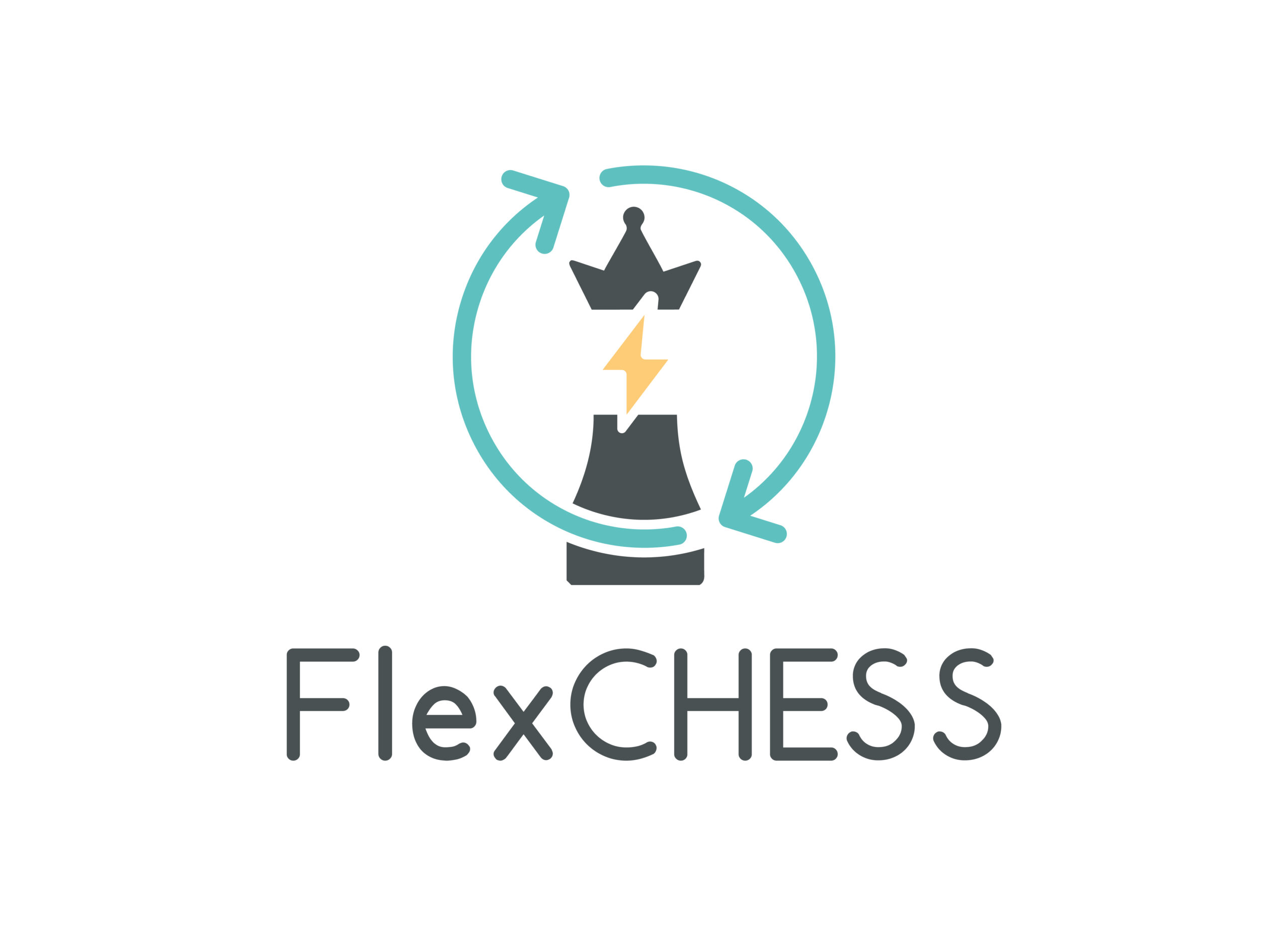 The vision of FlexCHESS is to revolutionise the existing paradigms of energy storage by developing a multi-level flexibility approach based on a Virtual Energy Storage System (VESS) that can store surplus energy through hybrid energy storage systems (HESS) and modify its behavior and architecture to support unpredictable growth and change of demand, climate, and market. FlexCHESS will enhance the innovation storage capacity and competitiveness of the smart grids in Europe based on VESS-centric approaches to address uncertainties and weaknesses related to the extensive integration of variable renewable energies into the electricity market. This will be achieved by the appropriate promotion of open innovations and by making smart technologies an asset for an intelligent business.
The vision of FlexCHESS is to revolutionise the existing paradigms of energy storage by developing a multi-level flexibility approach based on a Virtual Energy Storage System (VESS) that can store surplus energy through hybrid energy storage systems (HESS) and modify its behavior and architecture to support unpredictable growth and change of demand, climate, and market. FlexCHESS will enhance the innovation storage capacity and competitiveness of the smart grids in Europe based on VESS-centric approaches to address uncertainties and weaknesses related to the extensive integration of variable renewable energies into the electricity market. This will be achieved by the appropriate promotion of open innovations and by making smart technologies an asset for an intelligent business.
 The European PARMENIDES (Plug&plAy eneRgy ManagEmeNt for hybrID Energy Storage) project will develop energy management services for hybrid systems and enable an interoperable, reliable, and secure exchange of data. Funded by the Horizon Europe programme under Grant Agreement nº 101096453, PARMENIDES will be running for 36 months.The project aims to develop a new ontology with a focus on the electricity and heating domain for buildings, customers, and energy communities. It will support different use cases, focusing on the utilization of Hybrid Energy Storage Systems (HESS). A new generation of innovative Energy Management Systems (EMS) will be developed, capable of using ontology as a knowledge base. PARMENIDES will define an information and communication architecture, enabling an interoperable, reliable, and secure exchange of data and instructions. The developed EMS will be demonstrated in very diverse pilots in Austria and Sweden. PARMENIDES is led by AIT and involves the collaboration of eight leading European and Swiss institutes and companies.
The European PARMENIDES (Plug&plAy eneRgy ManagEmeNt for hybrID Energy Storage) project will develop energy management services for hybrid systems and enable an interoperable, reliable, and secure exchange of data. Funded by the Horizon Europe programme under Grant Agreement nº 101096453, PARMENIDES will be running for 36 months.The project aims to develop a new ontology with a focus on the electricity and heating domain for buildings, customers, and energy communities. It will support different use cases, focusing on the utilization of Hybrid Energy Storage Systems (HESS). A new generation of innovative Energy Management Systems (EMS) will be developed, capable of using ontology as a knowledge base. PARMENIDES will define an information and communication architecture, enabling an interoperable, reliable, and secure exchange of data and instructions. The developed EMS will be demonstrated in very diverse pilots in Austria and Sweden. PARMENIDES is led by AIT and involves the collaboration of eight leading European and Swiss institutes and companies.




